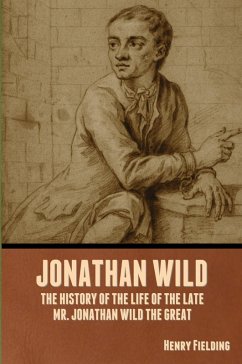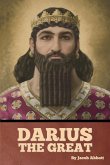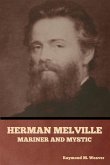The Life and Death of the Late Jonathan Wild, the Great is a satiric novel by Henry Fielding. It was published in 1743 in Fielding's Miscellanies, third volume. It is a satiric account of the life of London underworld boss Jonathan Wild (1682-1725). It is an experiment in the various narrative genres that were popular at the time: serious history, criminal biography, political satire, and picaresque novel. Some have argued that it is mainly a satire on Britain's first Prime Minister Robert Walpole, who was continuously charged by his political enemies with allegations of corruption. The book tells the satiric biographical story of an early 18th-century underworld boss, Jonathan Wild, from his birth in 1682 until his execution in 1725. As a thief-taker, Wild's job was to capture criminals and take them to the authorities in order to collect a reward, but he made notorious profit from managing an underground network of malefactors who paid him to avoid being denounced. Fielding's biography of Jonathan Wild allows him to satirize various aspects of English society at the time. It features an interpolated romantic story that is nowhere to be found in other accounts of the historical Wild. It has been argued that this was Fielding's way of rendering the criminal biography of Wild into a novel of the kind that was becoming increasingly popular in his time. (wikipedia.org) About the author: Henry Fielding (22 April 1707 - 8 October 1754) was an English writer and magistrate known for the use of humour and satire in his works. His 1749 comic novel The History of Tom Jones, a Foundling was a seminal work in the genre. Along with Samuel Richardson, Fielding is seen as the founder of the traditional English novel. He also played an important role in the history of law enforcement in the United Kingdom, using his authority as a magistrate to found the Bow Street Runners, London's first professional police force. (wikipedia.org) Sir Walter Scott called Henry Fielding the "father of the English novel," and the phrase still indicates Fielding's place in the history of literature. Though not actually the first English novelist, he was the first to approach the genre with a fully worked-out theory of the novel; and in Joseph Andrews, Tom Jones, and Amelia, which a modern critic has called comic epic, epic comedy, and domestic epic, respectively, he had established the tradition of a realism presented in panoramic surveys of contemporary society that dominated English fiction until the end of the 19th century. (britannica.com)
Hinweis: Dieser Artikel kann nur an eine deutsche Lieferadresse ausgeliefert werden.
Hinweis: Dieser Artikel kann nur an eine deutsche Lieferadresse ausgeliefert werden.









